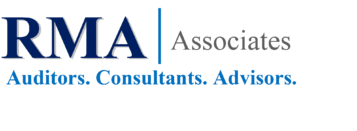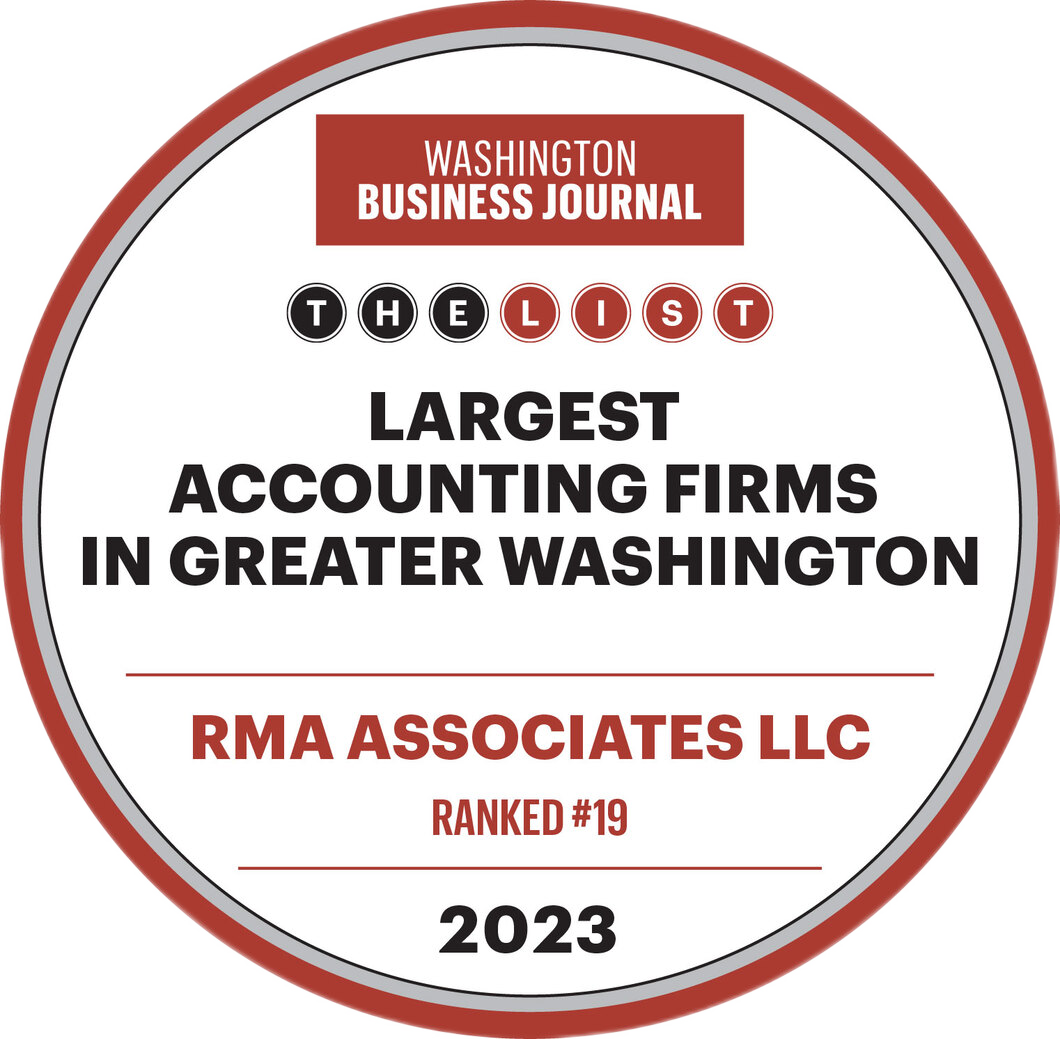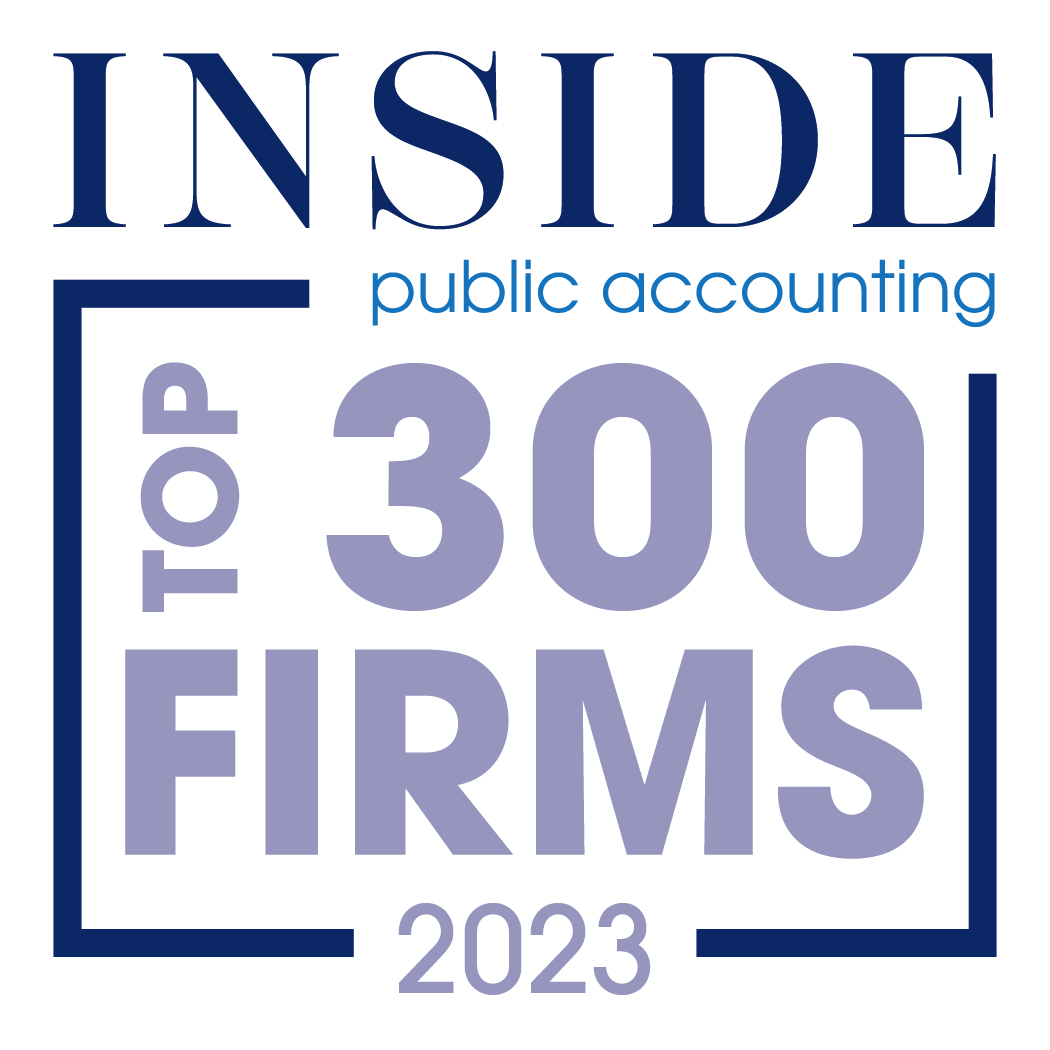4 September 2018
It may no longer be totally accurate to call blockchain a key technology for the future — because it’s already getting significant use today.
More than three-fourths (77%) of 600 executives in 15 countries surveyed by PwC have active blockchain initiatives underway:
- 15% have a blockchain project fully live.
- 10% have a blockchain implementation pilot in progress.
- 32% have a blockchain project in development.
- 20% are in research mode on a blockchain project.
Meanwhile, a newly released Deloitte report reveals that 34% of 1,053 respondents from seven countries say their company already has a blockchain system in production, and another 41% say they expect their organisations to deploy a blockchain application within the next 12 months.
In many cases, companies’ investments in blockchain are substantial. Nearly 40% of the Deloitte respondents said their organisation will spend $5 million or more on blockchain technology in the coming year. Experts say the technology can provide substantial benefits for users who match blockchain with the right business cases.
“A well-designed blockchain doesn’t just cut out intermediaries,” Steve Davies, PwC’s blockchain leader, said in a news release. “It reduces costs, increases speed, reach, transparency, and traceability for many business processes. The business case can be compelling if organisations understand what their end game is in using the technology and match that to their design.”
Blockchain is a distributed ledger technology that enables an internet-based peer-to-peer network to facilitate exchanges in value. Computers on the network simultaneously verify and record transactions, which are able to be completed without a traditional intermediary such as a bank or credit card network.
The technology, which provides the underpinning for cryptocurrencies such as bitcoin, has numerous potential uses in many industries. The technology has an obvious immediate impact on financial services, which was identified by 46% of the PwC survey respondents as the leading sector in blockchain development. Manufacturers also are finding blockchain to be helpful in supply chain management.
As with many new technologies, a main concern with blockchain is trust. Almost half (45%) of the PwC survey respondents said trust is one of the biggest obstacles to blockchain adoption, and 48% cited regulatory uncertainty as an obstacle.
Although the transparency and immutability of blockchain ledgers can be a deterrent to hackers, there is uncertainty about any new technology’s vulnerability to fraud. Successful hacks of cryptocurrencies — which have wildly fluctuating values — add to unease about blockchain.
As time passes, the trust concerns may be alleviated if standards and regulations are developed to reduce any risks that blockchain may pose to users.
Key areas of focus for developing blockchain platforms, according to the PwC report, include:
- Making the business case. The purpose of the initiative needs to be clear and well conceived so it can move forward without confusion.
- Building an ecosystem. Different companies in an industry (and perhaps even competitors) may need to work together to develop a common set of standards to govern blockchains. Nearly all (88%) of the survey respondents with live blockchain applications in the PwC survey were leaders or members of a blockchain consortium.
- Designing deliberately around what users can see and do. Legal, compliance, and cybersecurity experts can help blockchain users develop rules and standards for access permissions that will engender trust in the technology.
- Navigating regulatory uncertainty. Although regulatory requirements will evolve on blockchain, companies may fall behind their competitors if they avoid the technology while waiting for rules to be developed. Engaging regulators as they develop standards can help blockchain users anticipate their next moves.
Article via Financial Management




No responses yet